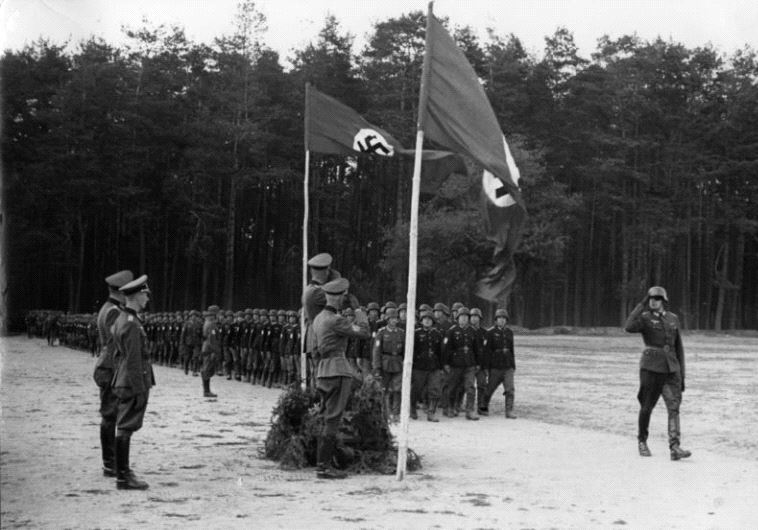Breaking blitzkrieg: How crystal meth fueled Hitler's conquest of Europe
New English translation of German author's book about the permeation of the drug during the reign of the Third Reich is set to hit shelves in October.
 (photo credit: BUNDESARCHIV BILD 146-1981-059-12 / PHILIPPS / CC-BY-SA 3.0,Wikimedia Commons)Updated:
(photo credit: BUNDESARCHIV BILD 146-1981-059-12 / PHILIPPS / CC-BY-SA 3.0,Wikimedia Commons)Updated: